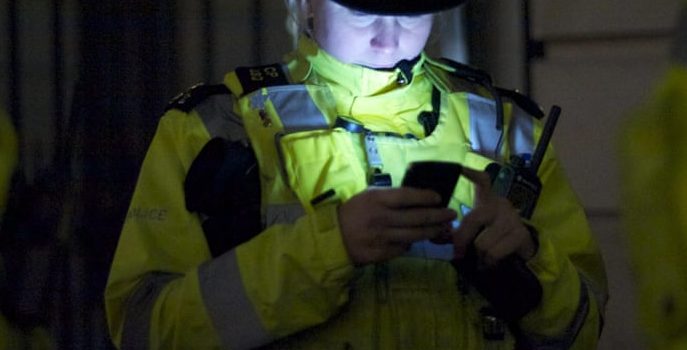Imagine you’ve been violently attacked. When you report it to the police, they say they will only take the case to court if you agree to them searching your house from top to bottom — your diary, your address book, your underwear drawer — to check there is nothing that contradicts your version of events. Would that put you off reporting crimes in future? Don’t the police need a warrant to search a home?
Now think how much of your life is on your mobile phone, and how much of the lives of your family, friends, workmates. How happy would you be to let the police download all of that? Photographs, text messages, location records, content from apps you thought were encrypted, anything that might be used in court to undermine your credibility as a witness.
Reporting a sexual assault in the last few years might routinely have led to such a digital strip search. Some women reporting rape were told their cases could be dropped if they refused access to all their personal digital data.
But a new Court of Appeal judgment has laid down new guidelines. Alleged victims of sexual assault will no longer be asked to give blanket consent for police to download everything from their phones. Now, police or prosecutors will have to request specific information. This is an improvement, and follows several years’ work by campaign groups, and a recommendation from the Information Commissioner.
But it only applies to complainants in sexual offences. What if, instead of being a victim of crime, you are wrongly accused of committing one? Again, the police would not normally expect to search your home without a warrant, but they could plug your phone into a ‘Self Service Kiosk’ and extract the most private details of your life, and other people’s lives, in minutes.
Of course such data has been used to solve crimes, and also to exonerate the innocent. One rape trial collapsed when, among the text messages taken from the alleged victim’s phone, were exchanges with the accused that backed his version of events. Drug dealers and murderers have been found guilty after data from their phones and other mobile devices was used in evidence.
But, just as we expect the police to have a clear legal framework for physical searches, whether of property or vehicles or a person’s body, we should expect more than a consent form to govern extracting data from our digital devices. Any of us could find ourselves wrongly accused. Most of us leave traces of our own lives on other people’s phones, in the form of photographs, messages and contact details. We expect privacy, not transparency, as the default.
Police powers should be proportionate and accountable. The laws that govern them need to catch up with the windows that mobile phones open into the most intimate corners of our lives. We need a digital Right To Remain Silent.











Join the discussion
Join like minded readers that support our journalism by becoming a paid subscriber
To join the discussion in the comments, become a paid subscriber.
Join like minded readers that support our journalism, read unlimited articles and enjoy other subscriber-only benefits.
Subscribe